The people of Aleppo are not waiting for US elections - By Jamal Khashoggi, Al-Hayat
Life, political developments, murder and destruction in Aleppo will not be put on hold until November, when Americans elect a new president. No one should expect him or her to be very different from current President Barack Obama regarding bad US policy in our region. The current American retreat is not exclusive to Obama. It is not a policy he created, but the expression of a national mood that is shifting toward isolation and domestic economic affairs.
The United States is supposed to rise up in anger as it sees Russian long-range bombers take off from Iran’s Hamedan International Airport to shell targets in Syria. It should not be angered out of concern for the Syrian people - this is not part of Obama’s calculations as he has more than once failed this moral test.
It should be angered on the basis of strategic balances in the region, as this development is as significant as the Czech arms deal that late Egyptian President Gamal Abdel Nasser sealed with the Soviets in 1955, and which marked their arrival in the region. The US reaction then was a series of strategic mistakes that strengthened the Soviet presence. However, at least there was a reaction.
US retreat
This time, Washington has settled for voicing its concern and dissatisfaction, and said allowing Russian bombers to take off from Hamedan violates last year’s nuclear deal. This means it will do nothing. The United States has not done anything to curb the Russians in Ukraine, so why do we expect it do something in our region?
The Americans and Europeans who after World War II did not hesitate to engage in foreign adventures - whether smart or not - are now gone. They have been replaced by young leaders who are more occupied with healthcare, interest rates and enjoying life more.
However, the United States, Britain and France recall that they are superpowers now and then, so they practice foreign policy but in a confusing manner that includes indifference and retreat from red lines, but excludes intervening to protect the Syrian people.
They stand by and observe as rebels and armed gangs in Yemen reject UN peace proposals. The international community did not get angry when the Houthis rejected the initiative of UN special envoy Ismail Ould Cheikh following four months of talks in Kuwait. It could not even hold a UN Security Council session. It settled with saying negotiations will continue.
The same goes for Syria. There are negotiations but no real international efforts, and these talks end without achieving anything. The only thing that is happening is more Russian, Iranian, and most recently Chinese involvement. The only efficient reactions come from the Syrian and Yemeni resistance, which await more support from Saudi Arabia and Turkey.
Russian intervention
Is Russia getting more involved in the Syrian war because it is happy to display its strength to the weak Americans? Or because Moscow is afraid of the rising power of jihadists who leave Russia, Chechnya, Tajikistan, Uzbekistan and Dagestan and later return?
No one agrees on the number of these jihadists. Most of them are with the Islamic State of Iraq and Syria (ISIS), and a few are with Jabhat Fateh al-Sham (formerly al-Nusra Front). There are independent jihadists who belong to neither. Syria has turned into an arena for global jihad. Why have the Russians not listened to Saudi and Turkish warnings that what they are doing there is nurturing this environment?
Even China, which is worried about the rising power of the Islamic Party of Turkestan, has started to look forward to playing a role in Syria. And why not? Russia preceded it, and the Syrian regime – which has abandoned all forms of sovereignty – welcomed it and is willing to receive and cooperate with anyone willing to fight alongside it and protect it. The regime does not care what the aim and interests of these forces are.
Most jihadists from the former Soviet states belong to ISIS, while Chinese jihadists are closer to al-Qaeda and their relations with Syrian rebels are good, having done well during the recent battle to end the siege of Aleppo.
Cooperation
We must unfold the map of northern Syria as we analyze statements that the Americans and Russians will begin joint operations in the context of the war on terror in Aleppo. This is what Russia’s defense minister said, but the Americans have not echoed this.
Before that, there were statements about Russian-Turkish cooperation in the war on terror in Syria, following a meeting between Russian President Vladimir Putin and his Turkish counterpart Recep Tayyip Erdogan. These notions will most probably collapse over the issue of who the terrorists are. The Turks view the US-backed Kurds as militants. The Russians view everyone as terrorists, while the Americans no longer know where they stand.
Perhaps the people of Aleppo are the best strategic analysts in the region. They are not waiting for the US election results, or for agreement on labelling terrorists. They did not wait for the result of the meeting between their Turkish ally and Russian enemy. They agreed to end the siege of their city. They united, succeeded, and turned the table on everyone.
It does not matter who supplied them with the TOW missiles that destroyed Russian armored vehicles – whether it was Saudi Arabia, Turkey, Qatar or all three. It did not matter to them whether their battle and victory would serve their allies’ regional agendas.
What matters to them is imposing their agenda on everyone, from Moscow to Washington via Riyadh and Ankara. They have gained the respect and acknowledgment they deserve.
Latest News
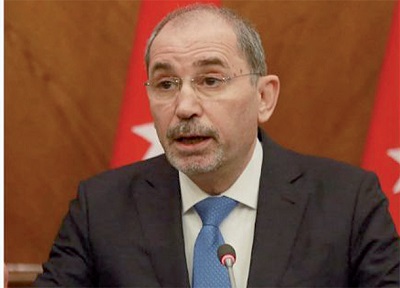 Safadi says Israel behind increasing regional tension, warns of Gaza war spillover risk
Safadi says Israel behind increasing regional tension, warns of Gaza war spillover risk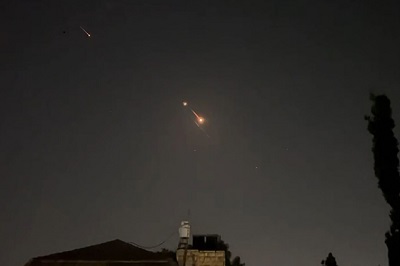 World urges restraint after unprecedented Iran attack on Israel
World urges restraint after unprecedented Iran attack on Israel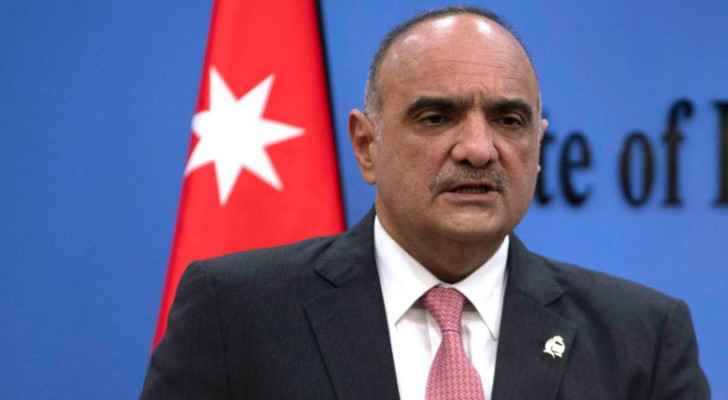 Jordan's Prime Minister vows firm action against some media outlets
Jordan's Prime Minister vows firm action against some media outlets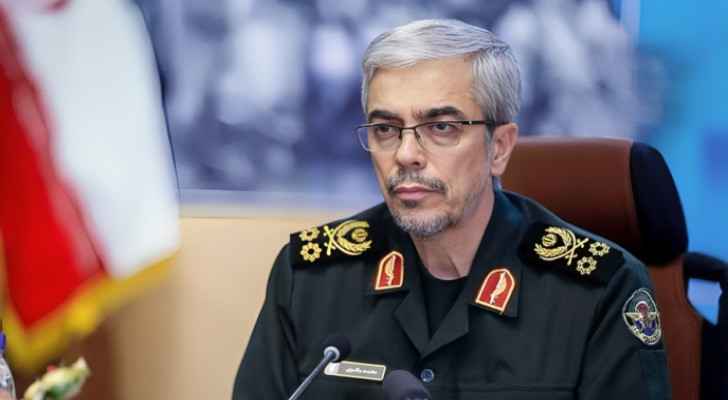 Iran claims end of attack on Israeli Occupation but warns of strong response to threats
Iran claims end of attack on Israeli Occupation but warns of strong response to threats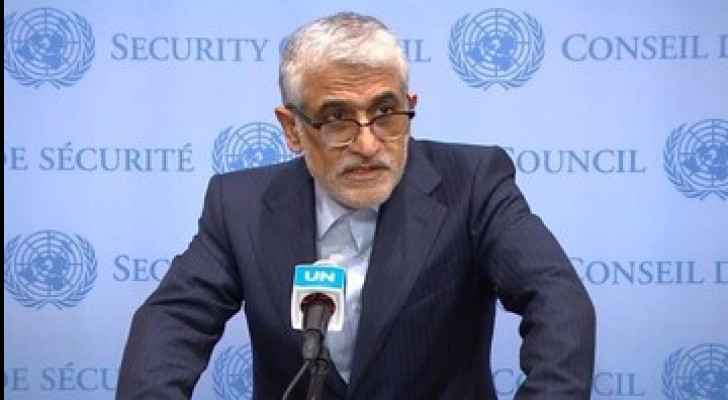 Iran calls for US non-interference with 'Israel'
Iran calls for US non-interference with 'Israel'
Most Read Articles
- King, Biden discuss regional de-escalation, need to reach Gaza ceasefire
- Safadi says Israel behind increasing regional tension, warns of Gaza war spillover risk
- World urges restraint after unprecedented Iran attack on Israel
- Cassation Court upholds four years prison term for drug dealer
- Gov’t affirms readiness to deal with any threats to Jordan's safety, security
- King receives invitation from Azeri president to attend COP29
- Amman develops into centre for Arabic language learning
- France summons Iranian ambassador over strikes against “Israel”
- Navigating Jordan’s sustainable development challenges - By Asyaf Nasser Al Zaben, The Jordan Times
- Israeli Occupation Forces release detainees from Gaza Strip amid ongoing aggression